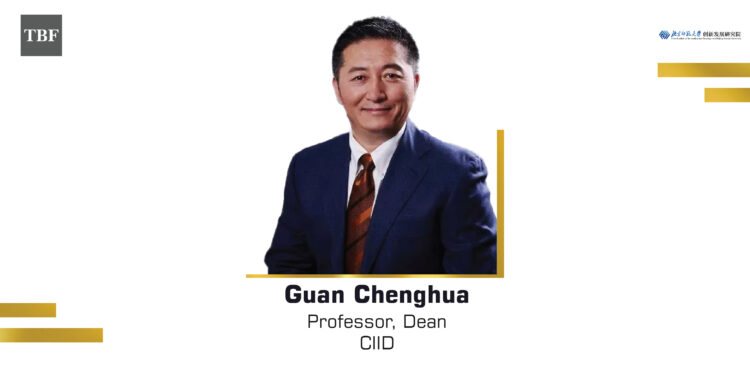China Institute of Innovation and Development (CIID) is established by the School of Economic and Resource Management at Beijing Normal University in July 2015. Telling Chinese stories with China’s genuine data, the institute is devoted to condense theoretical and practical policy recommendations by adopting advanced concepts and standardized methods. The Institute brings together a critical mass of leading researchers in the broad fields of Economics. With specialists in Micro-Level Surveys, Industrial Services, and Policy Advice, CIID is a wellspring of current thinking and practical solutions.
The institute comprises seven centers: China Genuine Progress Indicator Survey and Research Center, Chinese Materia Medica Innovation and Resource Economics Research Center, Innovation Economy and Management Research Center, Research Center of Behavioral and Experimental Economics , Green Industries Economics Research Center,BNU-MIT City Smart Innovation Joint Lab and Center for Energy Policy Research. CIID serves to undertake research project from research companies, universities, research institutions, and government sectors.
To meet the needs of national strategy, the institute seizes the frontier of innovation to offer theoretical and practical references for the Chinese economic innovation and development, in addition to provide scientific basisfor regional and industrial innovation and development strategies.
China Institute of Innovation and Development (CIID)is committed to building a high-level think tank for innovation and development research, micro-survey, industrial services, policy consultation, and personnel training. To meet the needs of national strategy, the institute seizes the frontier of innovation to offer theoretical and practical references for the Chinese economic innovation and development, in addition to provide scientific basis for regional and industrial innovation and development strategies.
In July 2019, China Institute of Innovation and Development (CIID) and Beijing Tomorrow Advancing Life(TAL) jointly initiated the establishment of the Future Education Research Center, which mainly carries out the research on China’s educational economy and basic education innovation projects. The goal of the center is to become an important think tank and base for high-quality academic research, high-standard industry discussion and mid-high-end international cooperation in the field of education economy, constantly explore the future development of education, and strive to promote the innovation of basic education in China.
Guan Chenghua, Professor, Dean
Professor of School of Economics and Resource Management, PhD supervisor. Senior visiting scholar of Harvard University Kennedy School of Government, Law School. Vice Director of Administration Committee of Beijing Normal University. Dean of School of Economics and Resource Management. Former Assistant, Lecturer, Associate Professor in Peking University. Former Secretary of the Youth League Committee of Peking University. Former Minister of Students’ Work Department of Peking University. Former Secretary of the Beijing Municipal Commission of the China Communist Youth League. Former Secretary of Party Committee in Beijing Youth Politics College. Former District Committee Secretary and District Mayor of CPC Beijing Changping District Committee.
Publication :
- China Urban Technology and Innovation Development Report 2017. Beijing: Science Press. 2017 September.
- Science and Technology Strategic Research Report for Urban Green Development 2015-2016. Beijing: Beijing Normal University Publishing House. 2017 January.
- The Capital Science and Technology Innovation Development Report 2016. Beijing: Science Press. 2016 August.
Purpose of CIID:
China Institute of Innovation and Development (CIID) takes the advanced concept as the development guide, the standard method as the practice norm, uses the Chinese data to tell stories about China, and condenses the policy recommendations and pragmatic strategies combining theory and practice.
Structure of CIID
CIID is supervised by the Council, planned and coordinated by the advisory committee and the academic committee, and the president’s responsibility system is implemented.











